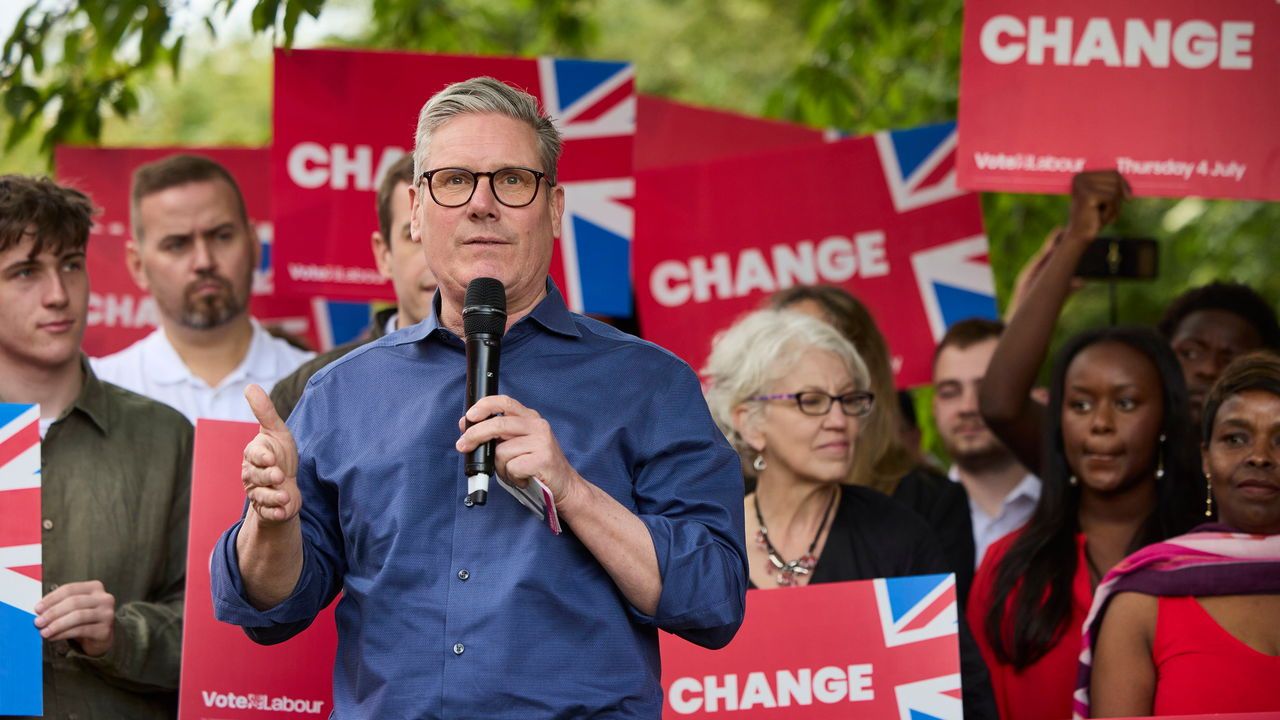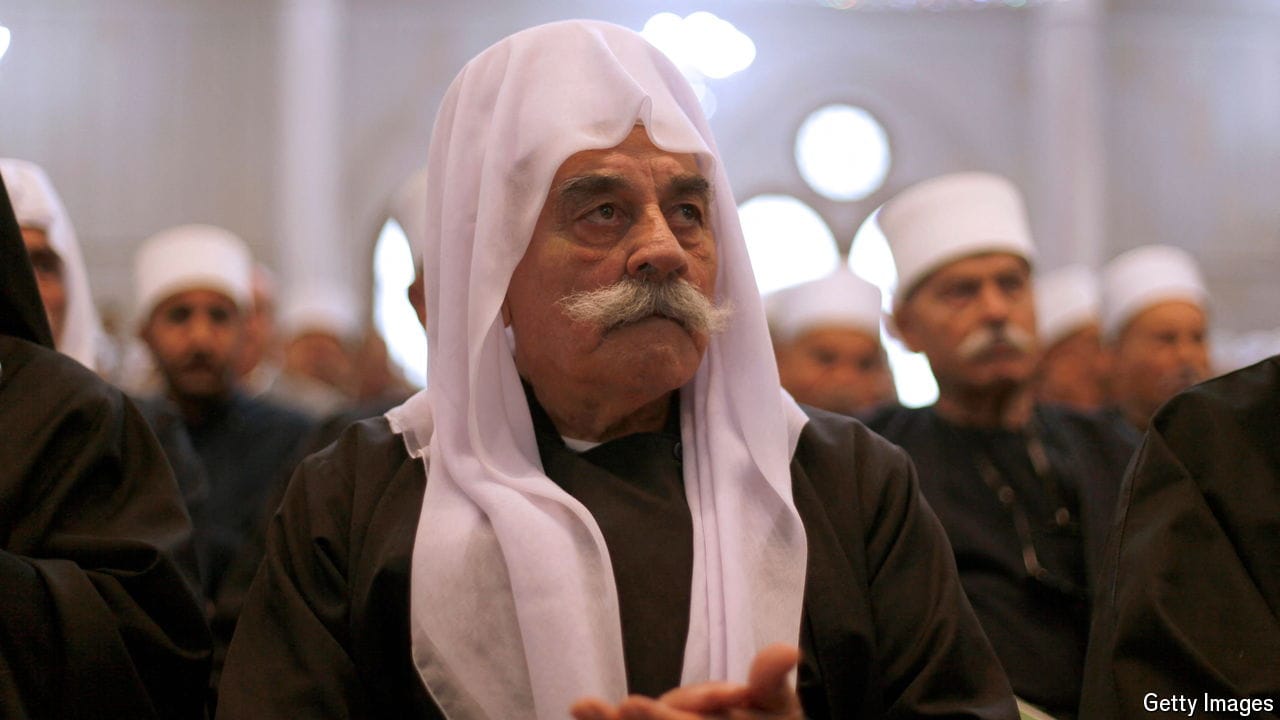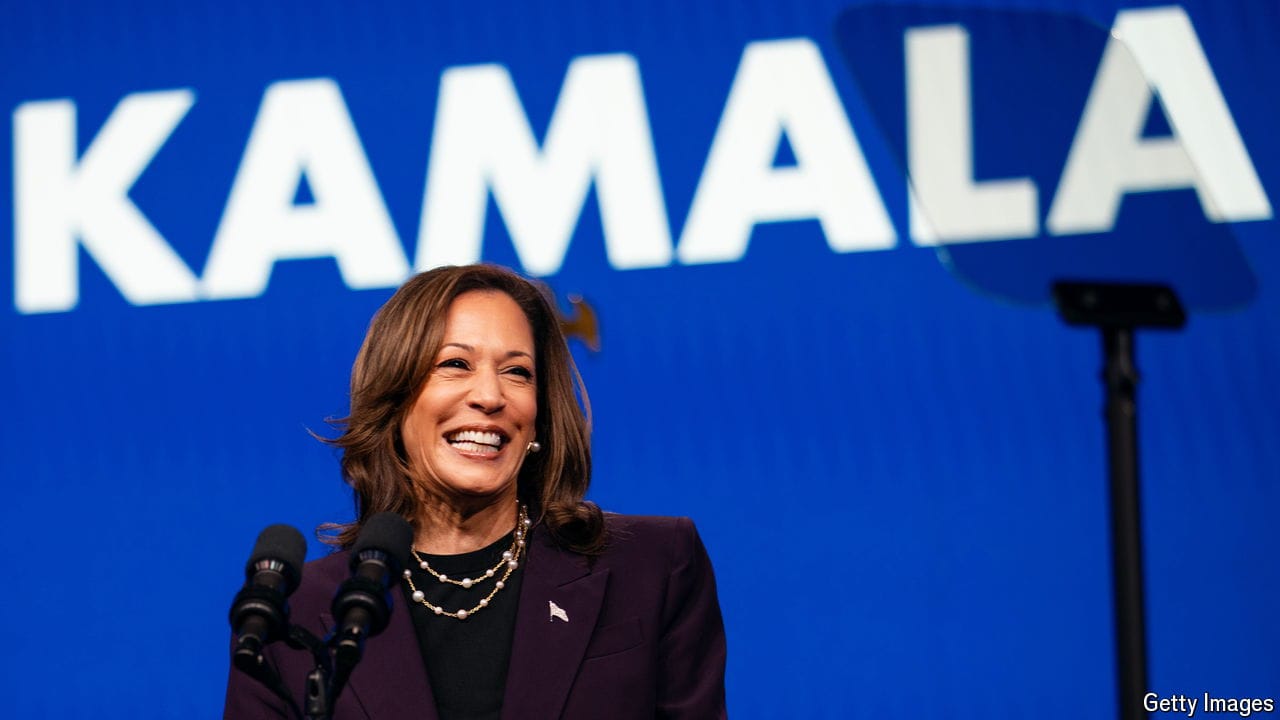What are MRP polls and can they predict election results accurately?
How a novel technique to predict Britain’s general election works

THERE IS LITTLE doubt about the likely victor of Britain’s general election on July 4th: with a lead of 20 percentage points in national opinion polls, the Labour Party is extremely likely to win. But there is uncertainty about the size of Labour’s majority in Britain’s 650-seat House of Commons. Some polling firms have published seat predictions using a novel technique known as multi-level regression and post-stratification (MRP). What are these polls—and how accurate are they?
Because Britain uses the first-past-the-post system to elect MPs for each constituency, the number of seats a party will have in the Commons does not closely reflect national vote shares. In 2015 the UK Independence Party got over 12% of the vote but won just one seat. In the past, pollsters would predict a party’s seat total using “uniform national swing” (UNS). This means applying the national change in its vote share—from the previous general election to that reported by opinion polls—to every constituency. Assuming that constituencies will swing uniformly is a great simplification. But the technique has been reasonably accurate. In 15 general elections between 1959 and 2019 UNS correctly predicted the largest party in 11 of them. But UNS performs poorly when elections are tight or the electorate—as has been the case in recent years—behaves in unexpected ways.
Explore more
More from The Economist explains

Who are the Druze, the victims of a deadly strike on Israel?
The religious minority has often been caught up in regional crossfire in the Middle East

Myanmar’s rapidly changing civil war, in maps and charts
Ethnic militias and pro-democracy groups are scoring victories against the governing junta

Who will be Kamala Harris’s running-mate?
She is reportedly vetting a dozen options. These are the top three
Why have so few American presidents been from the West?
Kamala Harris’s nomination would be a milestone for the region
Why the Olympics still has a doping problem
Cheating with drugs has again become an organised affair
Why some Russian athletes will be eligible to compete at the Paris Olympics
Despite antipathy between the Russian government and the International Olympic Committee a handful will compete